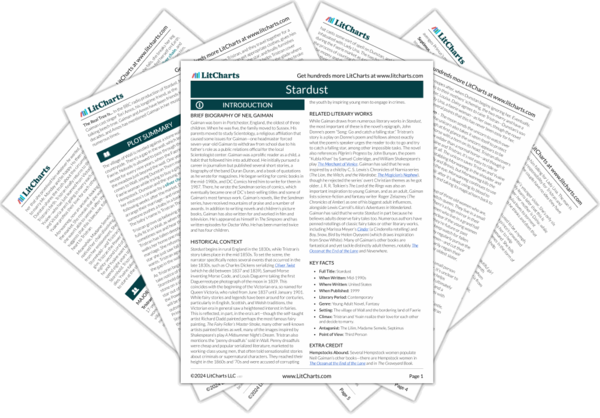The Lilim are practicing a (fictionalized) form of haruspicy, which uses various animals’ entrails to divine the future. At this point, what the Lilim are after specifically is purposefully ambiguous—but they seem to want to regain youthfulness. Whatever the Lilim eats, it makes her young again, and this is framed as a state that’s far more desirable than being old. Additionally, the Lilim is after “more” of the gold, glimmering thing, so that her sisters can also be young again.
